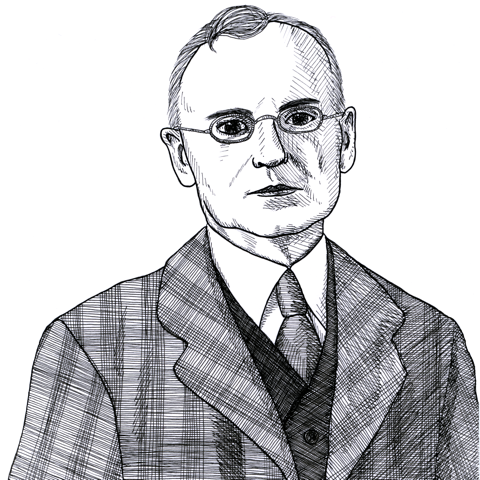
Carl Lotus Becker, Materialism and Idealism in the Declaration of Independence
Found in: The Declaration of Independence: A Study on the History of Political Ideas
This quote, from the eminent American historian Carl Becker from his famous 1922 book The Declaration of Independence: A Study on the History of Political Ideas, is an example of his nuanced and provocative approach to the history of the Revolution and the Founding Era.
Revolution
To ask whether the natural rights philosophy of the Declaration of Independence is true or false is essentially a meaningless question. When honest men are impelled to withdraw their allegiance to the established law or custom of the community, still more when they are persuaded that such law or custom is too iniquitous to be longer tolerated, they seek for some principle more generally valid, some ‘law’ of higher authority, than the established law or custom of the community. To this higher law or more generally valid principle they then appeal in justification of actions which the community condemns as immoral or criminal. They formulate the law or principle in such a way that it is, or seems to them to be, rationally defensible. To them it is ‘true’ because it brings their actions into harmony with a rightly ordered universe, and enables them to think of themselves as having chosen the nobler part, as having withdrawn from a corrupt world in [278] order to serve God or Humanity or a force that makes for the highest good. (FROM: CHAPTER VI: THE PHILOSOPHY OF THE DECLARATION IN THE NINTEENTH CENTURY)